Projects
In our 30+ years of service, we have worked to reduce and prevent substance use disorder and problem gambling by providing technical assistance to local, state, and national partners on how to better engage with Asian American, Native Hawaiian, and Pacific Islander (AA and NH/PI) communities; conducted trainings and webinars for providers and other behavioral health professionals on better integrating cultural sensitivity and responsiveness towards AA and NH/PI communities into their programming; conducted research using community based participatory research methods; and developed educational materials in various AA and NH/PI languages.
Through our decades of work, we have also formed vast networks and long-lasting partnerships with other Asian American, Native Hawaiian, and Pacific Islander-serving organizations locally, statewide, and nationally, allowing us to remain engaged with various policies, needs, and priorities that impact or are adjacent to behavioral health.
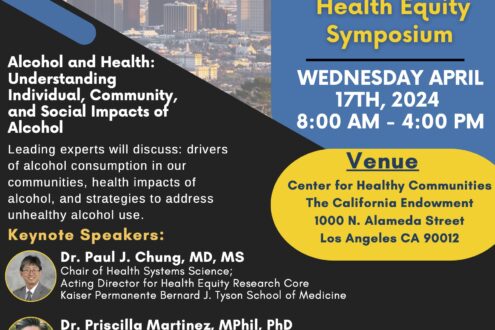
Binge Drinking among AAPI Transitional Age Youth (18-26)
Between October 2023 and March 2024, we conducted a mixed methods pilot study to better understand AAPI-identifying transitional age youth ages 18-26 and their perceptions and behaviors regarding drugs, substance use, peer pressure, and safety. This study was made possible through our collaboration with UCLA KP Center of Health Equity.
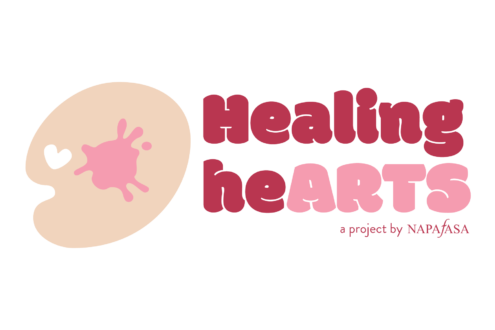
Stop the Hate: Healing HeARTS
ABOUT HEALING HEARTS healing hearts 2024: tough conversations For Healing HeARTS 2024, we’re prioritizing tough conversations―how we initiate them, what we talk about, how to hold space for challenging emotions, and when and how to walk away. By combining emotional expression through art, conflict management training, and critical analysis of history and the media, we…
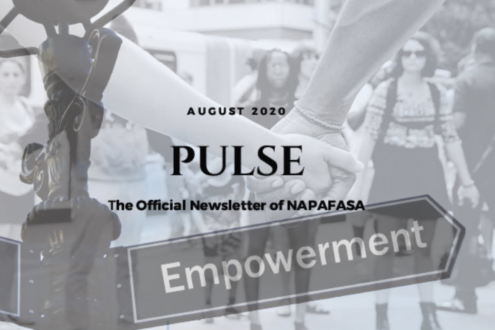
PULSE Newsletter
PULSE is a youth-led digital and print newsletter. We publish quarterly each year, each having a theme depending on national and global affairs. You can download the issues under the Resources tab! In the past, NAPAFASA released different kinds of newsletters using different formats. In 2020 during the early stages of the COVID-19 pandemic, our…
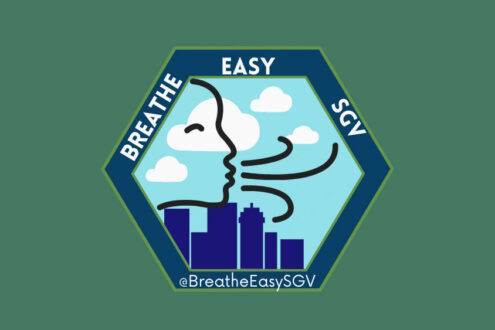
Breathe Easy SGV
We recognize that breathing clean, smoke-free air is a priority for our community members. We are currently working with communities in the San Gabriel, Duarte, and the Greater San Gabriel Valley on smoke-free outdoor areas and clean environmental policies. Follow us on Instagram @BreatheEasySGV for updates!
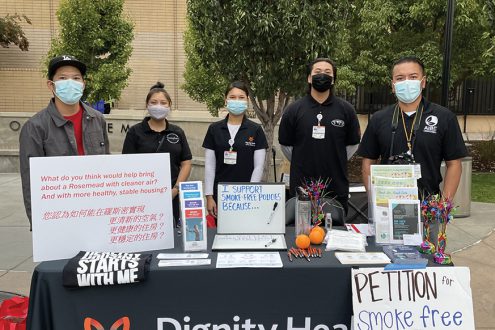
Healthy Housing Rosemead
Healthy Housing Rosemead (HHR) is a coalition started as a way to reach Rosemead residents about issues around cleaner air and more healthy, stable housing. During the COVID-19 pandemic, the coalition moved most of its efforts online, using social media to share information and updates about secondhand smoke, smoke-free multiunit housing policies, and resources on COVID-19.
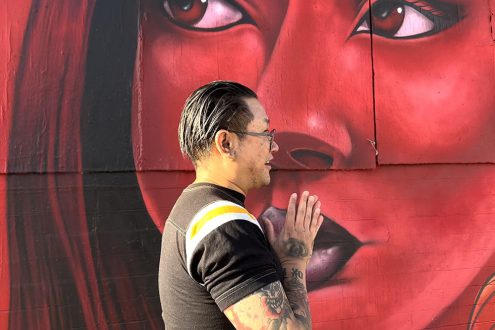
Project Human Every Day (PHED)
There can be stigma in Asian American, Native Hawaiian, and Pacific Islander communities when it comes to talking about receiving mental health services and treatment for substance use disorder – but it doesn’t have to be this way. Project Human Every Day is a video interview series aimed at breaking this stigma and opening up conversations around mental health and addressing substance use.
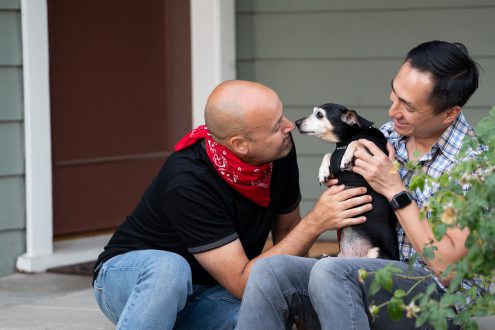
Secondhand Smoke in West Hollywood
From 2019 to 2021, NAPAFASA conducted outreach and education in West Hollywood about the harms of secondhand smoke and how smoke-free multi-unit housing policies can help protect people’s health and wellbeing.
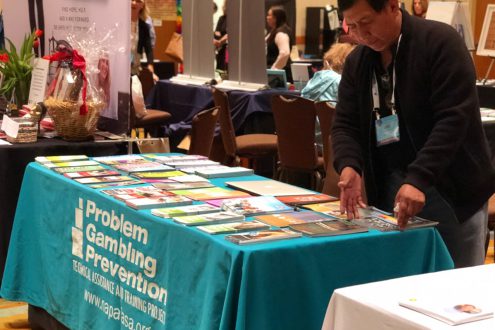
Problem Gambling Prevention
Problem gambling can be devastating for individuals and their families. We partnered with many organizations to study and address problem gambling through research, providing continuing education to behavioral health providers, and conducting outreach in impacted communities.
